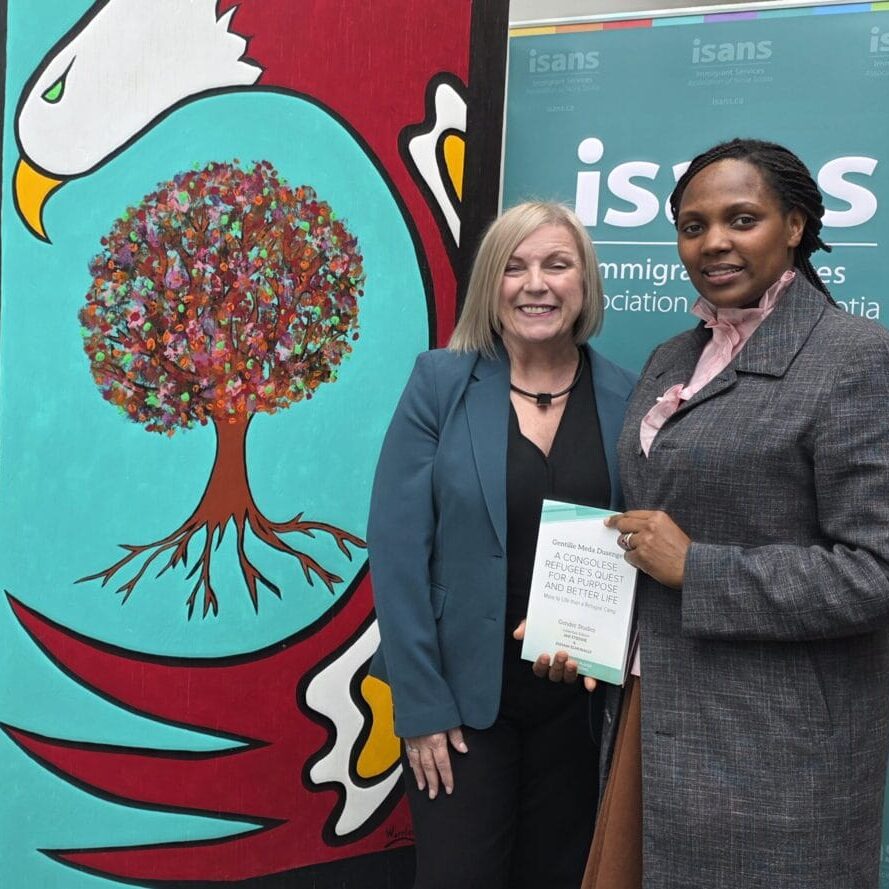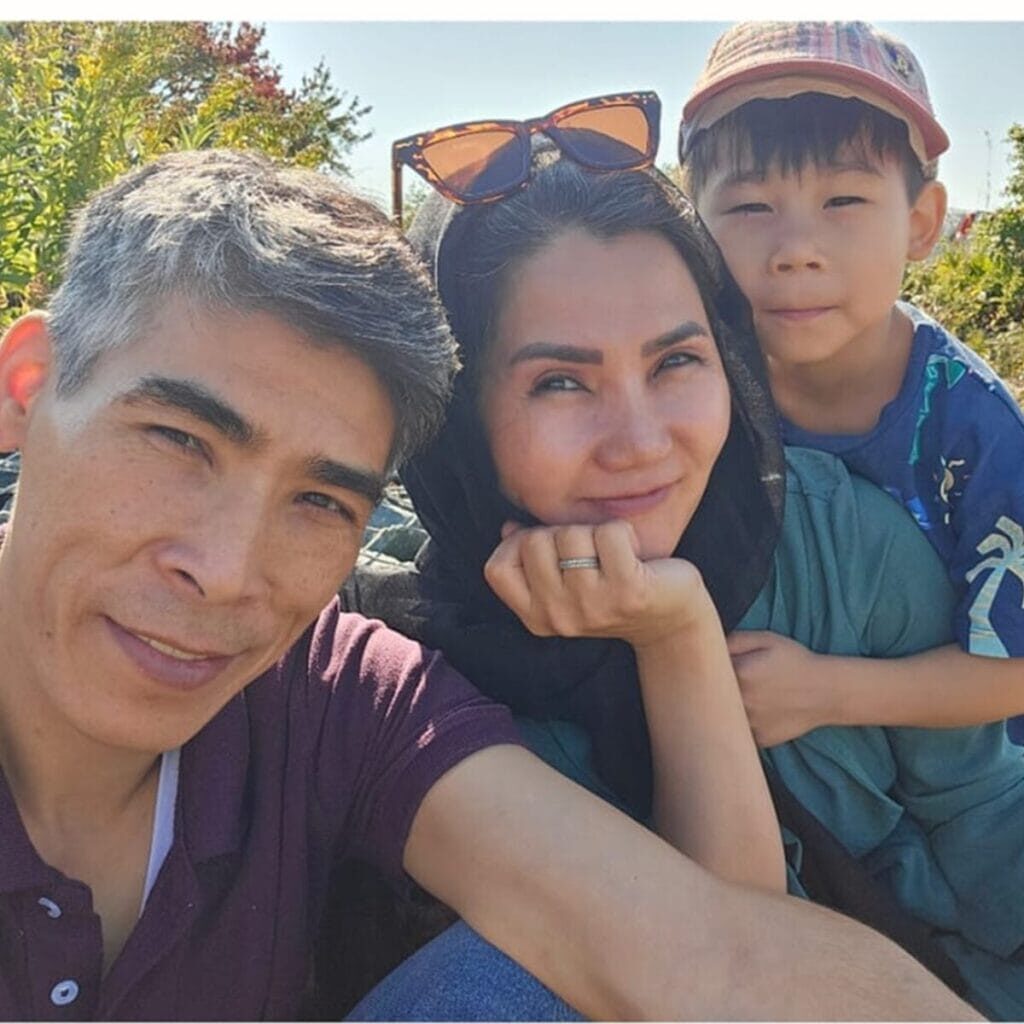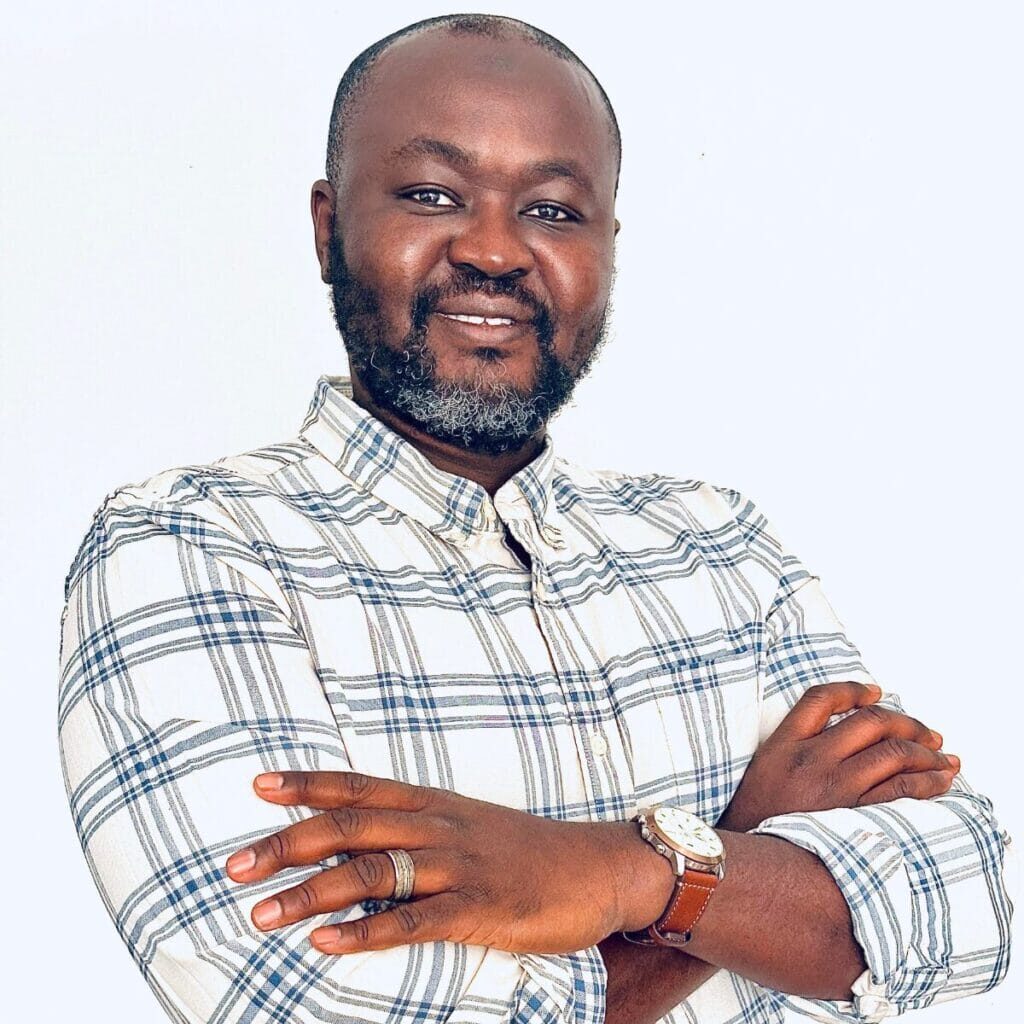Turn to immigrant physicians to alleviate doctor shortage

Opinion piece by Jan Sheppard Kutcher and Dr. Geoff Williams, Chronicle Herald, September 25, 2018.
Although it’s a problem many years in the making, and despite almost daily media coverage of physician shortages, progress in recruiting physicians to the province remains slow.
While there’s some promise of long-term improvement, there’s little movement in the short term, and clearly no easy way to address this complex issue. One or two simple solutions won’t work; only a multi-pronged approach is likely to see results. In addition to selling an attractive lifestyle, partnering with communities, increasing choice of location and practice, attracting new residency graduates, and solving spousal employment challenges, part of the solution is making better and more efficient use of immigrant physicians who are already resident here.
According to the Nova Scotia Office of Immigration, over the past decade, some 296 physicians have landed in the province. The Immigrant Services Association of Nova Scotia (ISANS) recently reported working with 85 physician clients who are preparing for, or have completed, Medical Council qualifying exams or who are working in alternative health-care fields. How can we make better use of these physicians who are experienced clinicians and who don’t even need to be recruited? Here are three suggestions:
First, the minister of Health & Wellness has signed off on a new Practice-Ready Assessment program for family physicians, and it should be implemented as soon as possible. The province has experience doing this with a previous program that closed in 2015. Practice Ready Assessment involves a practical, hospital/clinic-based evaluation of an immigrant physician’s medical knowledge, skills and competencies following successful completion of qualification exams. It’s a rigorous process that protects Canadian standards, but in three months an experienced family physician can be ready to begin practice.
Second, immigrant physicians can be hired into the health-care system as clinical assistants. In this role, they work as doctors but report to an attending physician. It’s a physician extender role ripe for expansion, and it would make health care more available for Nova Scotians, be an attractive feature of practice to help with recruitment, and provide meaningful work for immigrant physicians. The recent withdrawal of the Saudi residents pointed to the precariousness of clinical care in hospitals being overly reliant on funds from a foreign government. A more robust clinical assistant program has potential to fill some major gaps.
Third, fund more residency positions designated for this group so they have more than just a “faint hope” of securing a training position. Include “return of service” agreements, but engage in reasonable discussions about where these will be in the province, taking into account family needs and professional preferences so physicians and their families will settle more easily into their new community.
Set all of this up for success by following up regularly with new physicians, organizing professional mentorships or other supports where feasible, and encouraging communities to welcome these new Nova Scotians, whether moving from abroad or simply from another province.
Strategies to include immigrant physicians as part of the solution is a fair thing to do, but it also makes sense: dollars and cents. Consider that their education has been sponsored by other countries and Nova Scotia is the beneficiary. Consider that they’ve already put down roots here, are Nova Scotians by choice with kids in school and houses purchased. Consider that from the minute they step off the plane, immigrant physicians begin to study and participate eagerly in the excellent orientation programs offered by ISANS in company with volunteer physician facilitators. Consider that while they are experienced clinicians, they accept the requirement to meet Canadian standards by demonstrating medical knowledge and skills on expensive national written and practical examinations. Finally, consider that after all this, they’re in limbo because their post–graduate residency training is not accepted here and they’re left on the health-care sidelines, despite the huge need for their expertise and their capacity to contribute.
Immigrant physicians are already here, and with a few relatively inexpensive and timely interventions, they can be brought into the health-care system and begin to alleviate some of the pressure on medical care in this province. As we continue to work on the myriad components and complex changes needed to solve the current situation, here are pieces of the puzzle already in our hands.
We can do this now. And we would all benefit.
Jan Sheppard Kutcher and Dr. Geoff Williams are co-chairs, International Medical Graduates Multi-stakeholder Work Group
Share this




